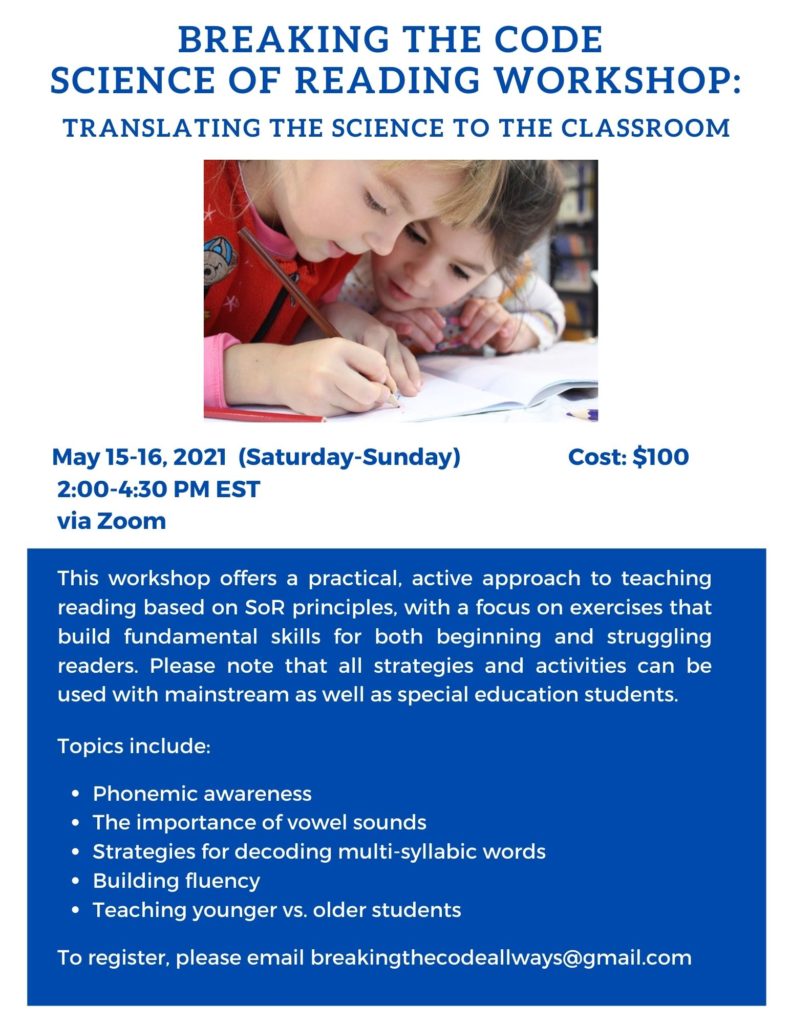
by Erica L. Meltzer | May 9, 2021 | IELTS, Issues in Education, Tutors
Image from Andrea Piacquadio, www.pexels.com
I have a somewhat ambivalent relationship with social media. Given what I do and the nature of my audience, it’s pretty much a necessary evil, albeit one I dip in and out of depending on the demands of my other projects. For the past month or so, I’ve had a bit more free time than I’ve had in a while, and it occurred to me that perhaps I should make an attempt to revive my long-neglected Instagram account (a decision of which the algorithm unfortunately does not seem to approve). Having recently taken some steps into the world of English-language proficiency exams, I got curious and decided to explore the social-media ESL world. If nothing else, it was certainly an eye-opening experience.
I don’t have a clear sense of what proportion of my readership is made up of students living outside the United States, although my sense is that most of them attend either international schools or English-immersion programs and speak the language at a very high level. Based on some of the messages I’ve received, however, I’m aware that this is not the case for everyone.
For that reason, and because the internet has basically swallowed real life whole, I feel obligated to offer this warning: to anyone attempting to use social media to supplement their study for English proficiency exams (TOEFL or IELTS), please be extraordinary careful about whom you follow and take advice from. And if you are a tutor who works internationally, please make sure your students understand the difference between “Instagram English” and “school English.” To describe the linguistic misinformation out there as “mind-boggling” is an understatement. (more…)

by Erica L. Meltzer | Apr 10, 2021 | Phonics, Tutoring, Tutors
If you’re a tutor who regularly encounters students with reading problems and would like to have more tools to help them, Breaking the Code, the reading-instruction group I co-founded, will be holding a workshop on Saturday-Sunday 2-4:30pm, May 15-16, 2021 (via Zoom).
We’ll be covering a variety of exercises designed to strengthen letter-sound understanding and to improve speed, accuracy, and fluency. These are tools that can be used with students of any age, not just beginning readers, and that can go a long way toward remediating high-school aged students who habitually guess, switch, misread, insert, or omit words.
If you are interested in participating, please email us a brief description of your background and interest at breakingthecodeallways@gmail.com.


by Erica L. Meltzer | Sep 25, 2019 | Tutoring, Tutors
1) Teach real lessons; don’t just go over practice tests
Yes, the amount of time you can spend just teaching material is obviously subject to time constraints; and yes, there is a small subset of mostly high-achieving students who just need to take practice tests and go over what they missed. However, virtually all students in the low-middle score ranges are missing specific pieces of knowledge, and getting taught the material while working through actual questions that involve additional, potentially unfamiliar pieces of knowledge, is often overly taxing for their working memories—there are just too many pieces to juggle. Unless you are very pressed for time, use the student’s diagnostic to figure out what they actually need to learn, and spend some time just teaching it to them before gradually relating it to the test. Repeat for as many concepts as necessary, gradually moving to full-length sections and then tests as students become comfortably with the material.
(more…)

by Erica L. Meltzer | Mar 26, 2017 | Blog, Tutors
When it first crossed my mind that I might be able to rework the original version of The Critical Reader into a prep book for the AP English Language and Composition exam, one of the initial things I did was head over to the College Board’s website and read the AP Comp course description.
I’d done some tutoring for the exam a few years back, but it wasn’t a test I’d been constantly immersed in, as was the case for the old SAT. I also knew that in addition to changing the SAT, the College Board had planned overhauls for a number of AP exams. Interestingly, the AP English Comp test was not officially listed among them; however, as I read the description for 2014 and beyond, it became clear that the test had recently undergone some important changes. (more…)
by Erica L. Meltzer | Dec 18, 2016 | Blog, Parents, The New SAT, Tutors
Reuters’ Renée Dudley has come out with yet another exposé about the continuing mess at the College Board. (Hint: Coleman’s “beautiful vision” isn’t turning out to be all that attractive.)
This time around: what will happen to the new supposedly Common Core-aligned SAT if Common Core disappears under the incoming, purportedly anti-Core presidential administration?
As Dudley writes: (more…)

by Erica L. Meltzer | Dec 14, 2016 | Blog, College Admissions, Parents, Students, Tutors
If you’re a senior still in the throes of writing your college essay, or if you’re a younger student/parent of a younger student trying to get a jumpstart on the college admissions process, you may be in possession of book entitled something like 100 College Essays that Worked, or 50 Successful Harvard Essays.
In general, I have no particular bone to pick with such compilations. I think they often provide a helpful glimpse at a variety of topics, styles, and structures that successful applicants have used in their essays.
Just as importantly, they offer clear reassurance that students need not demonstrate they have imbibed a thesaurus in order to gain admission to the college of their dreams.
So yes, for a student who isn’t sure how to get started, these books provide a highly useful service. (more…)





